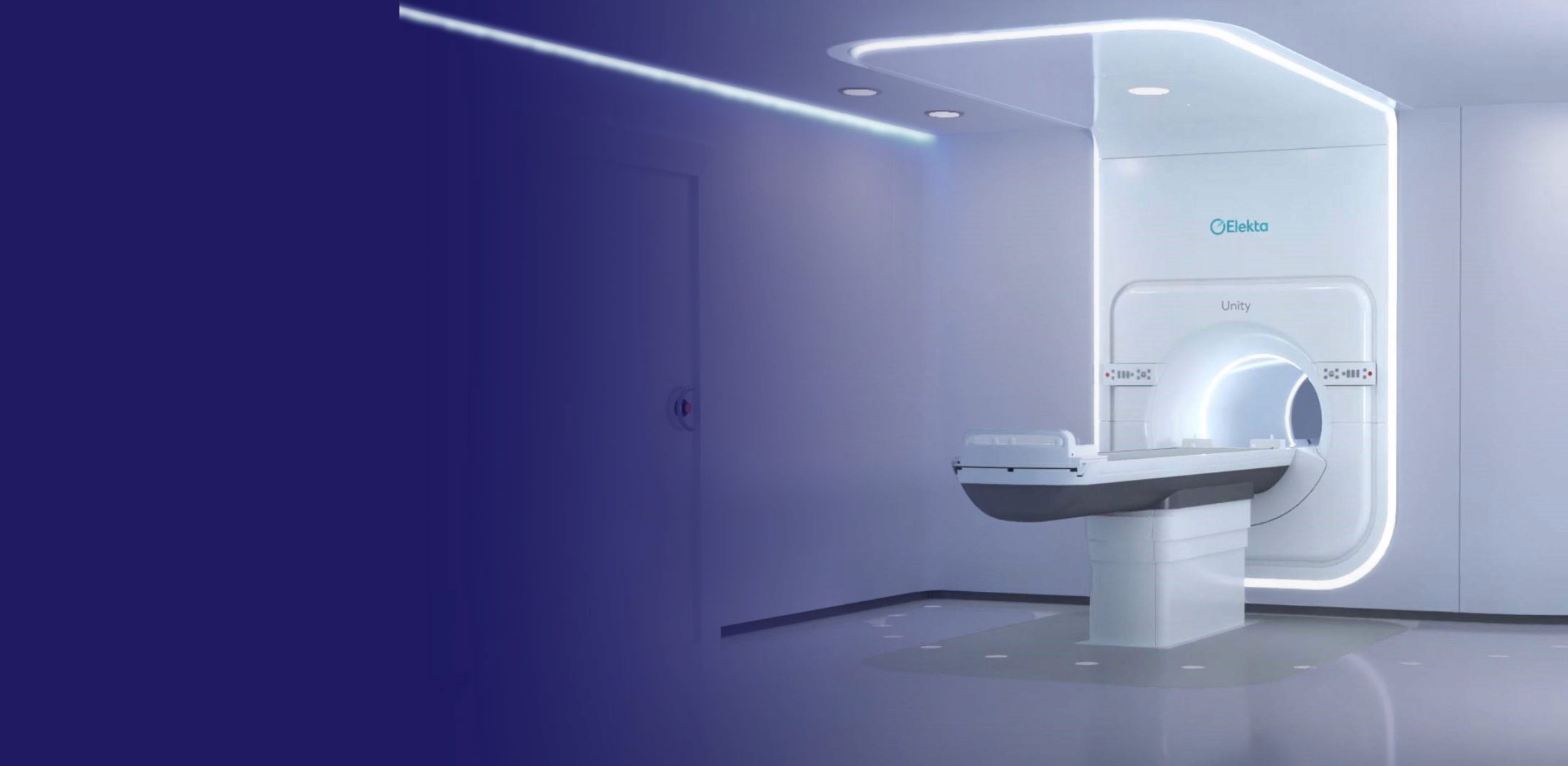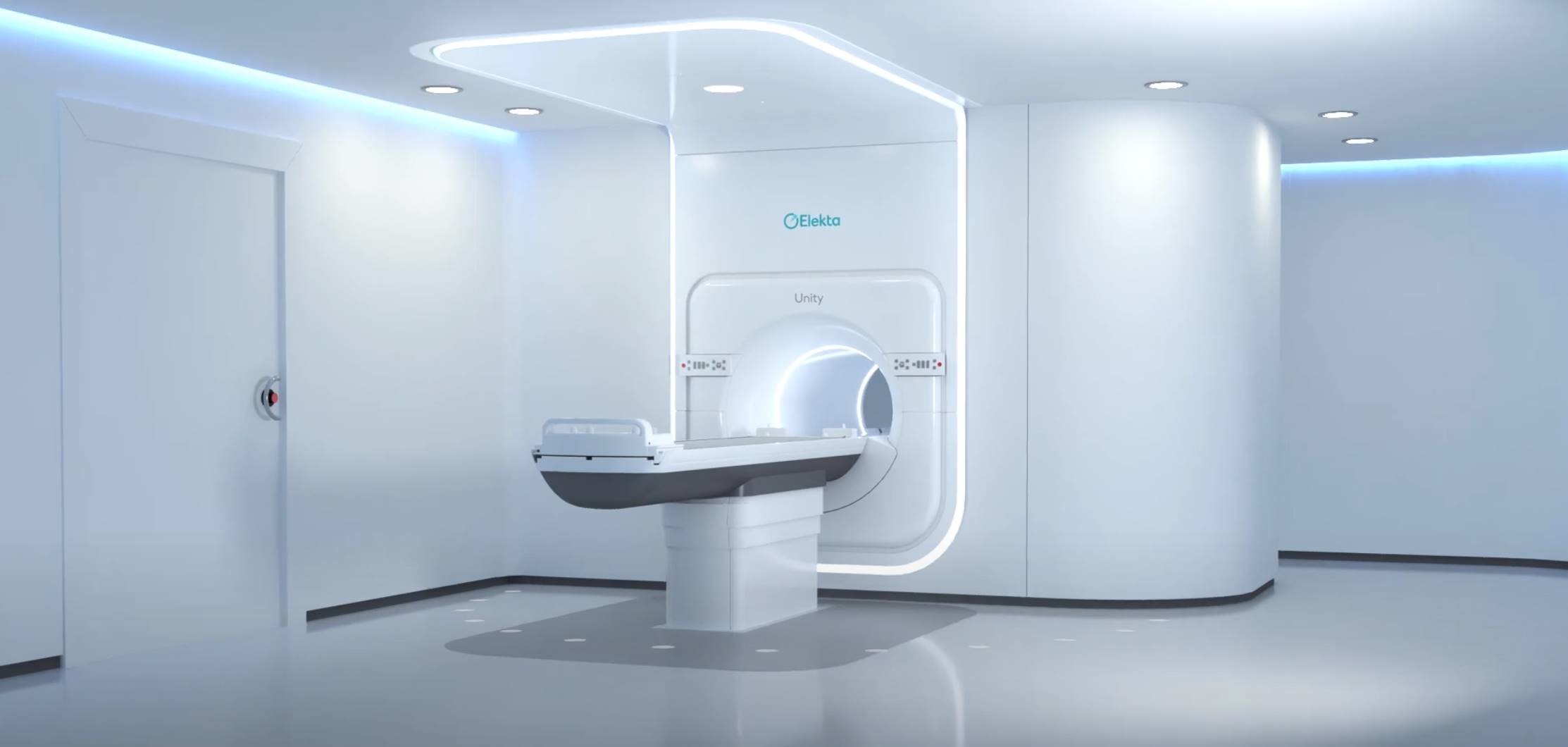
dr. Lois Daamen
Researcher UMC Utrecht
Pancreatic cancer is one of the most aggressive forms of cancer, with a limited life expectancy for patients. Chemotherapy often struggles to reach cancer cells, surgery is challenging due to the organ's central location, and radiation therapy has yet to deliver the breakthroughs seen with other cancers. Thanks to a revolutionary innovation—the MR-Linac—there is now hope for improvement.
Precision Radiation with the
MR-Linac
This groundbreaking device, developed in Utrecht, combines an MRI scanner with a radiation machine. It allows doctors to see exactly where they are targeting during treatment and deliver higher doses with precision. This accuracy opens new possibilities for patients with hard-to-treat tumors, such as pancreatic cancer.
The LAPSTAR study is investigating the impact of this new technique on 150 patients. Half of the participants will receive treatment with the MR-Linac to determine whether survival rates and quality of life improve compared to standard treatments.

